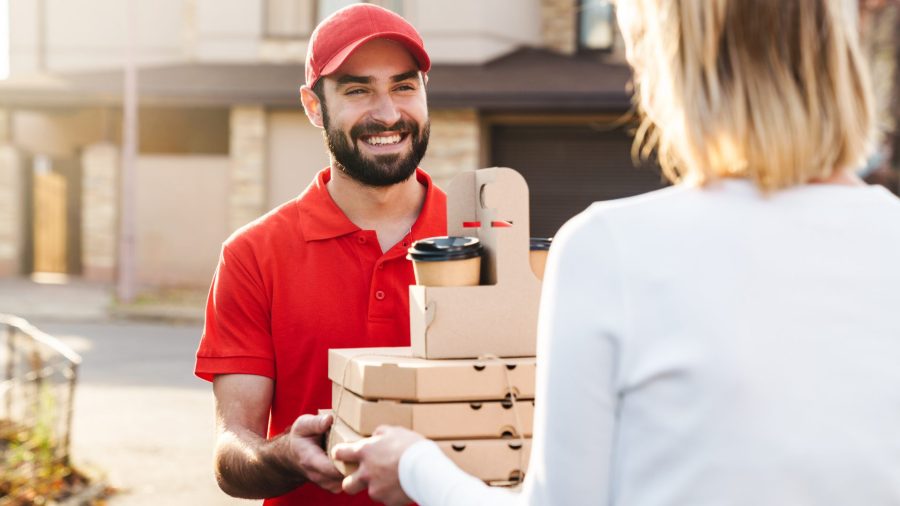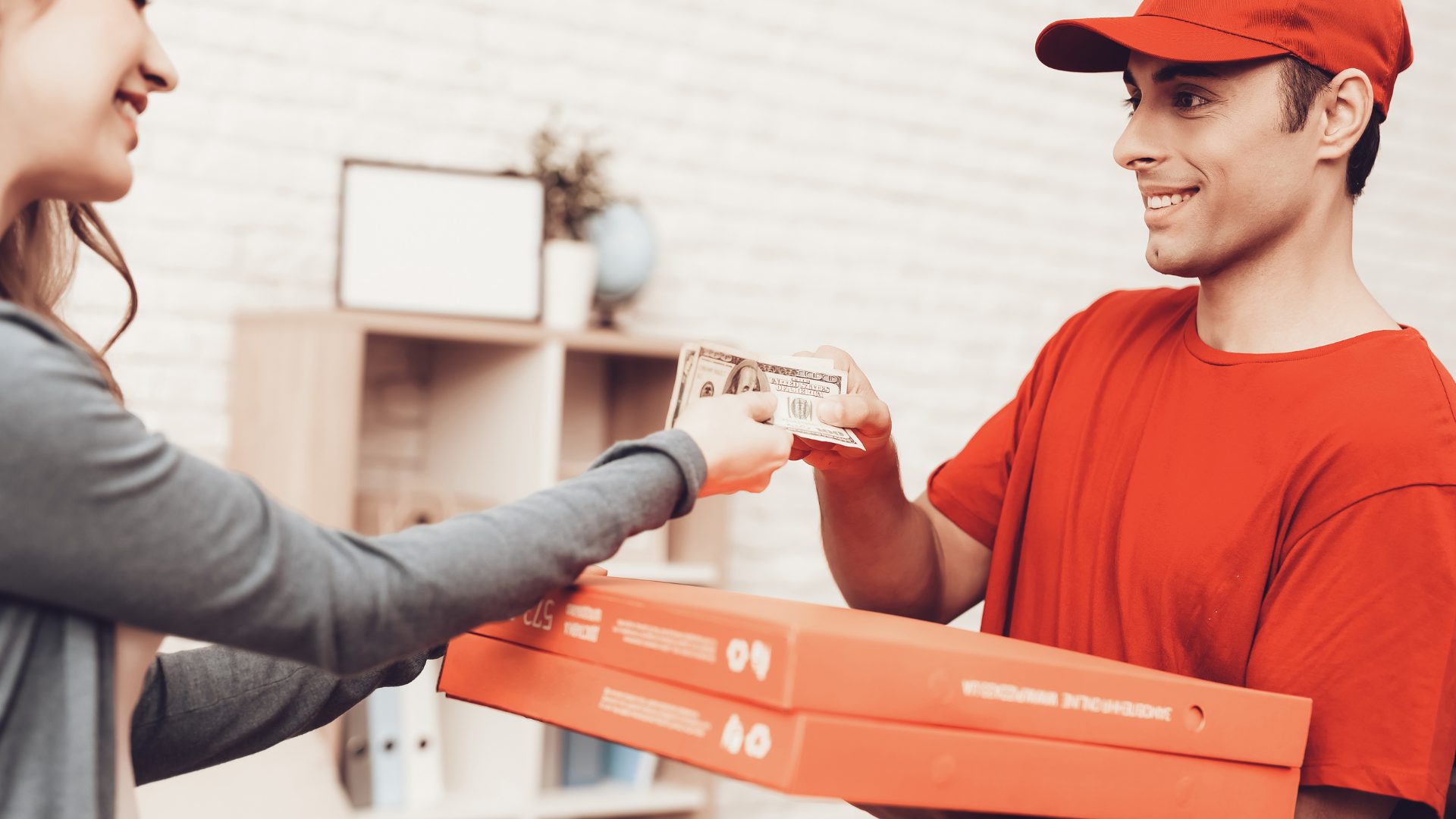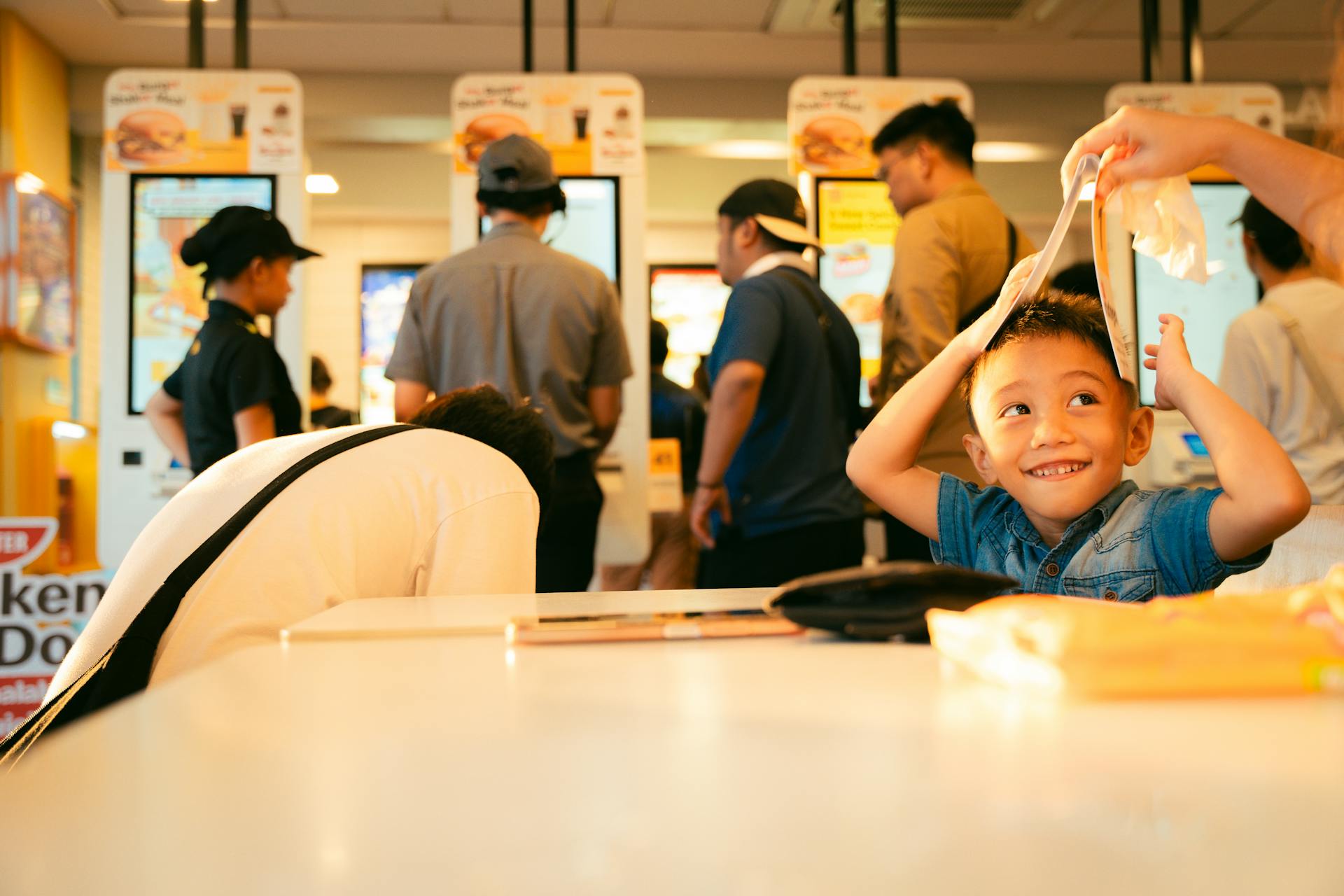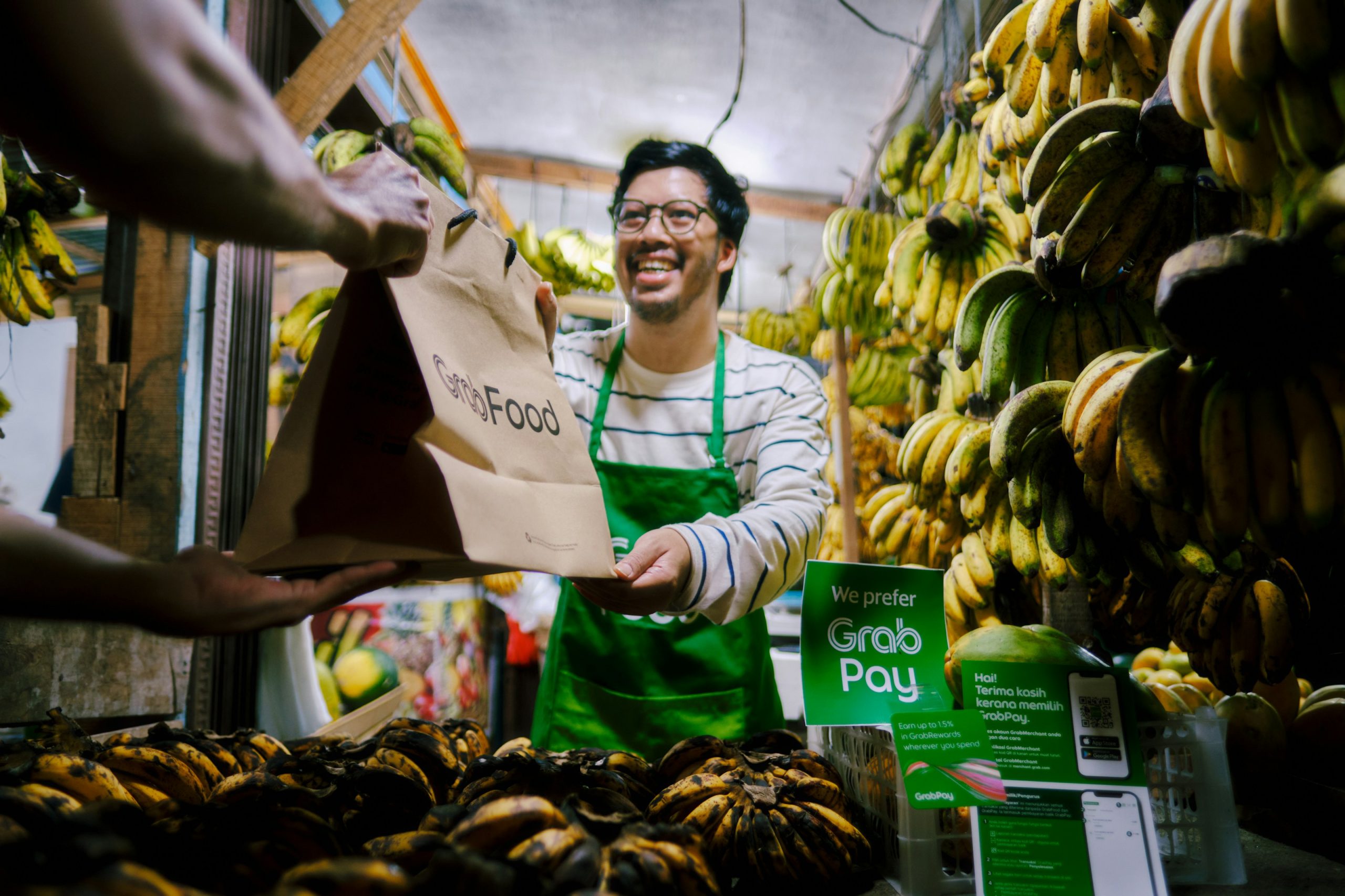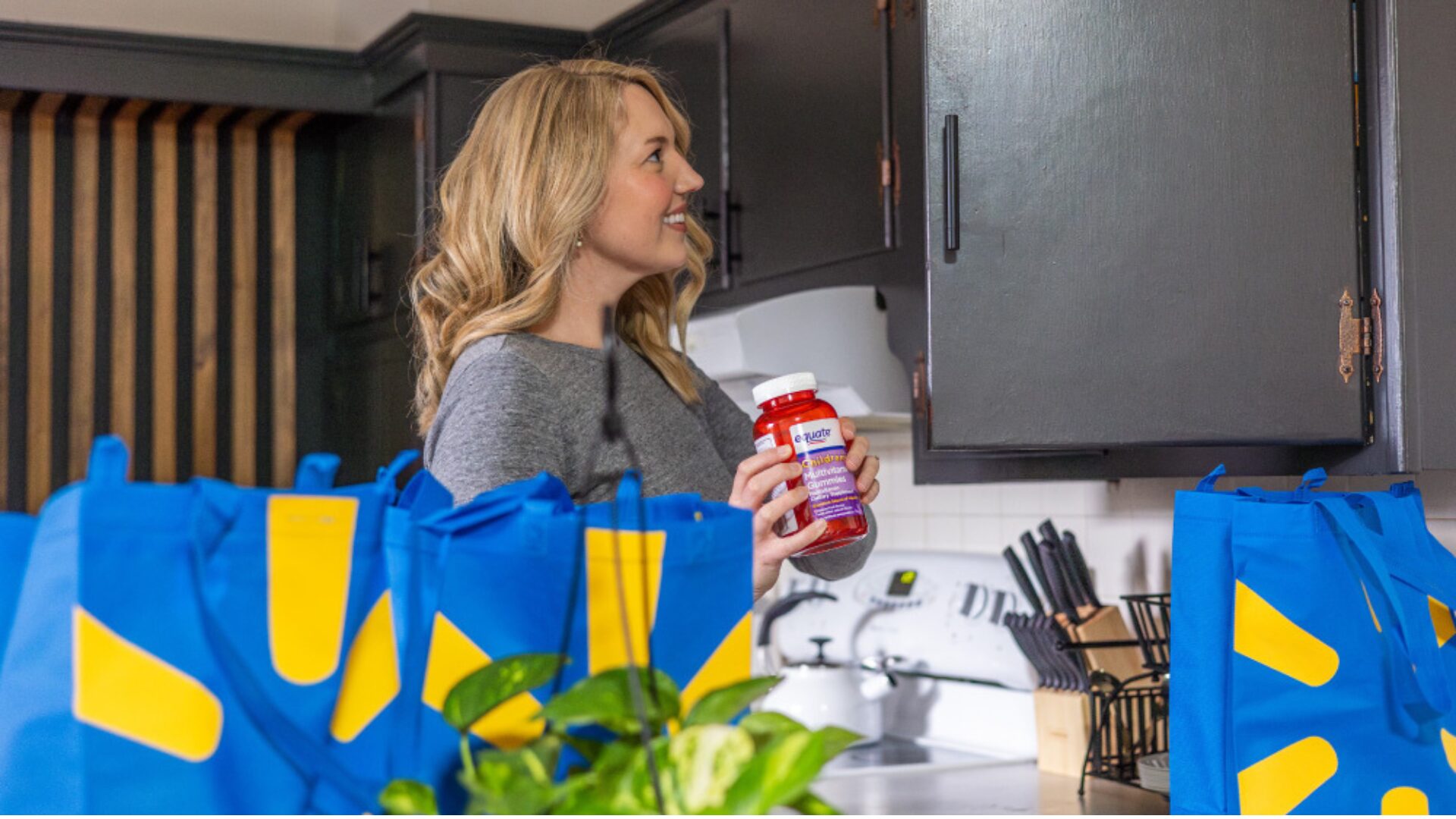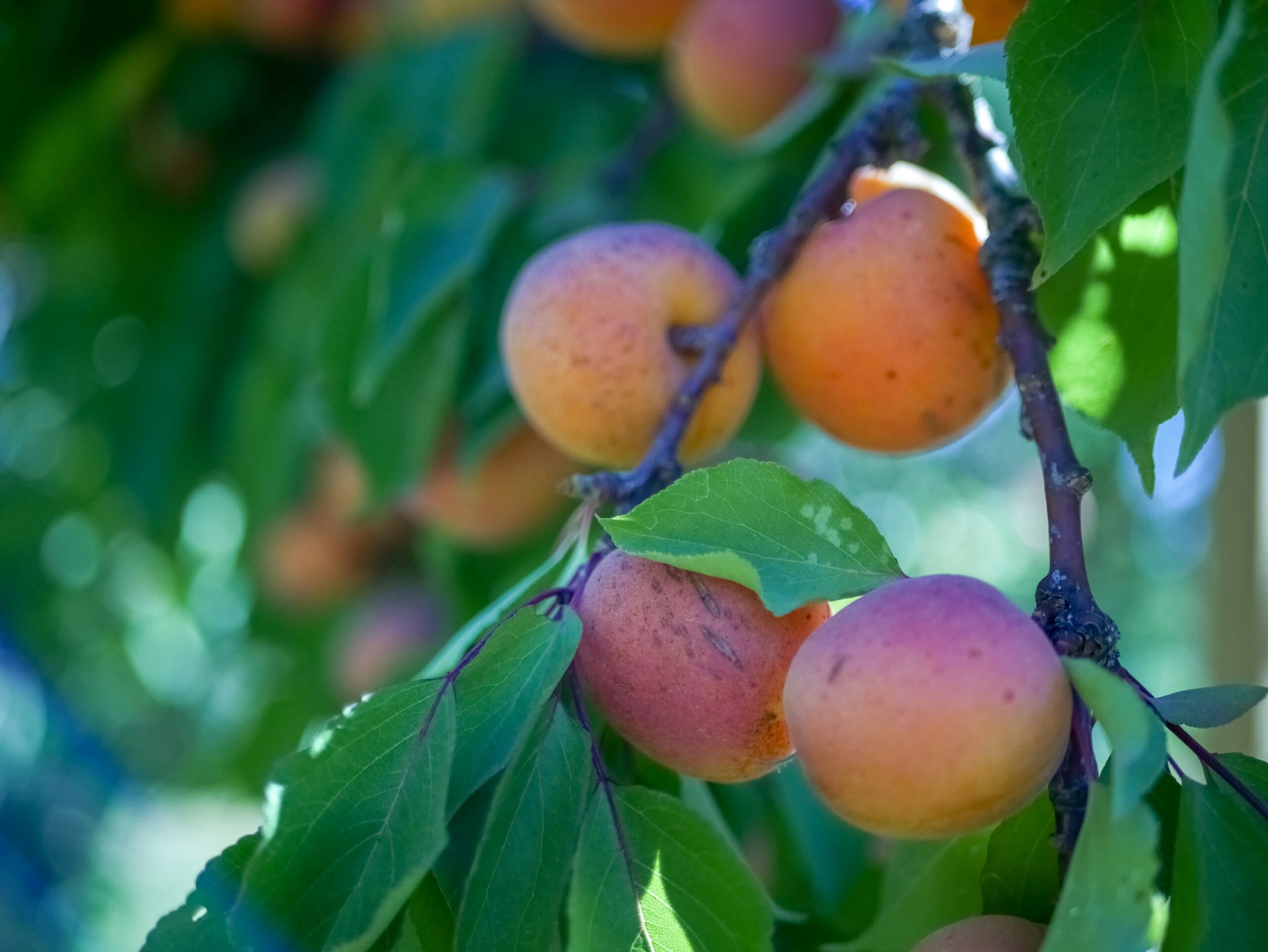Ride-hailing service Lyft is entering the food-delivery space in a partnership with online-ordering platform Olo.
Though it may sound like Lyft is trying to become the next Uber Eats, it’s setting itself apart with a different strategy. “This is not about Lyft creating a clone of Uber Eats,” Olo CEO Noah Glass told Insider (Dec. 14).
The Strategy
Lyft’s new strategy includes facilitating last-mile deliveries for merchants who are tired of “paying high commissions” and “losing control” of consumer data, according to Justin Paris, head of Lyft Delivery.
The B2B offering aims to undercut the prices of third-party platforms, such as DoorDash and Uber Eats, which are known to charge restaurants as much as 30% per order, Lyft President John Zimmer told Reuters last year.
Olo’s Dispatch service will allow restaurants to accommodate delivery for orders generated through their own website and apps by providing delivery through Lyft.
“Direct digital orders continue to make gains in the restaurant industry as brands recognize the need to protect direct relationships with guests, and effective management of these orders is a critical component to success,” said Shalin Sheth, VP and GM of Dispatch for Olo, in a press release. “With Dispatch, we help our customers enable delivery on their owned channels, using trusted partners like Lyft for local delivery.”
Glass told Insider that partnering with Lyft will also likely bring down delivery costs for both restaurants and consumers because of the competition it will create.
New Models Appeal to Restaurants
This type of last-mile delivery is appealing to restaurants looking to avoid high fees.
In an interview earlier this year with The Food Institute, Jon Sewell, creator of LoCo Co-ops, an Iowa City-based company that sells technology and know-how to restaurants interested in establishing delivery cooperatives, explained why he started his business Chomp.
“About four years ago Grubhub managed to get a monopoly in our town and once they did that they doubled all the commission rates and fired all the customer service people so it led to kind of a crisis in the community,” said Sewell. “So, I got about twenty restaurants together and we pulled some cash and started our own delivery service.”
Now, Chomp works with almost 200 restaurants in Iowa City and Cedar Rapids. Restaurants pay commissions of 15%, and drivers earn an average of almost $20 an hour, according to a Bloomberg report.


